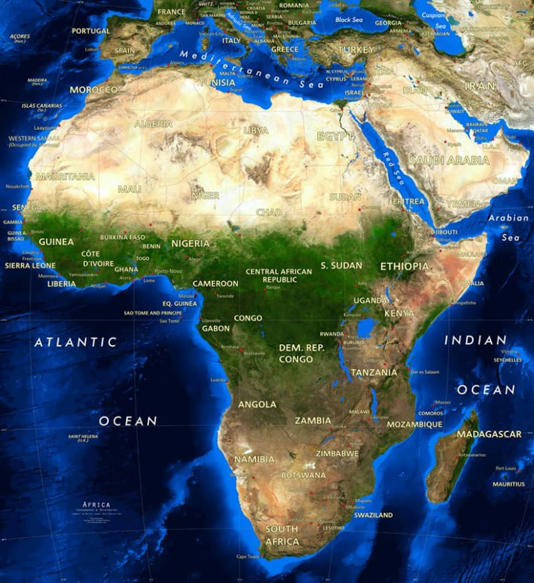
・AFRAC Summit in Nairobi, Kenya initiates discussions on creating a borderless trade zone in Africa.
・Kenya’s Ministry of Investment, Trade, and Industry seeks solutions to expand African industry beyond its current 3% global share.
・Kenya’s investment and export goals include raising manufacturing GDP contribution and increasing exports to 30% of GDP by 2025
Discussions to establish Africa as a borderless continent in its trade activities recently kicked off in Nairobi, Kenya.
This is the major topic of discussion that would be tabled at the 14th summit of the African Accreditation Cooperation (AFRAC), which is celebrating its 13th anniversary.
The week-long conference, hosted by the Kenya Accreditation Service (KENAS), intends to examine how African countries would have a jurisdiction-free zone for conducting commercial operations.
Kenya’s Juma Mukhwana, the senior secretary for Industry at the Ministry of Investment, Trade and Industry (MITI), claimed that there is a need for a lasting solution to the modest size of African industry, which accounts for 3% of the global total.
“We need more cross-border businesses so that if you do a factory in one country you are able to access a larger market within Africa for an economic sense of growth,” Mukhwana disclosed.
To fulfill the BETA objective, the permanent secretary stated that his ministry has increased existing investment from Sh73.9 billion ($500 million) to Sh220 billion (USD 1.5 billion). “Our parent ministry is also focusing on increasing Exports from 10 percent of GDP to 30 percent by December 2025 and raising manufacturing contribution to GDP from seven to 15 percent by 2027 and 20 percent by 2030,” Mukhwana added.
The AFRAC schedule is jam-packed with debates and workshops intended to tackle particular problems that will serve as a forum for member organizations to come together to examine their progress and set a future route.
Ng’eny Biwott, chair of the board of directors of Kenya Accreditation Service (KENAS), stated that the Kenyan government recognizes the importance of accreditation in achieving one of its key agendas of increasing and providing assurance to global trade through increased exports from 10% to 30% of GDP.
“The mutual accreditation arrangements offer governments a reliable and technically sound foundation on which to build out and improve bilateral and multilateral government-to-government relations and international multilateral commercial agreements,” Biwott noted.
___
Source here
